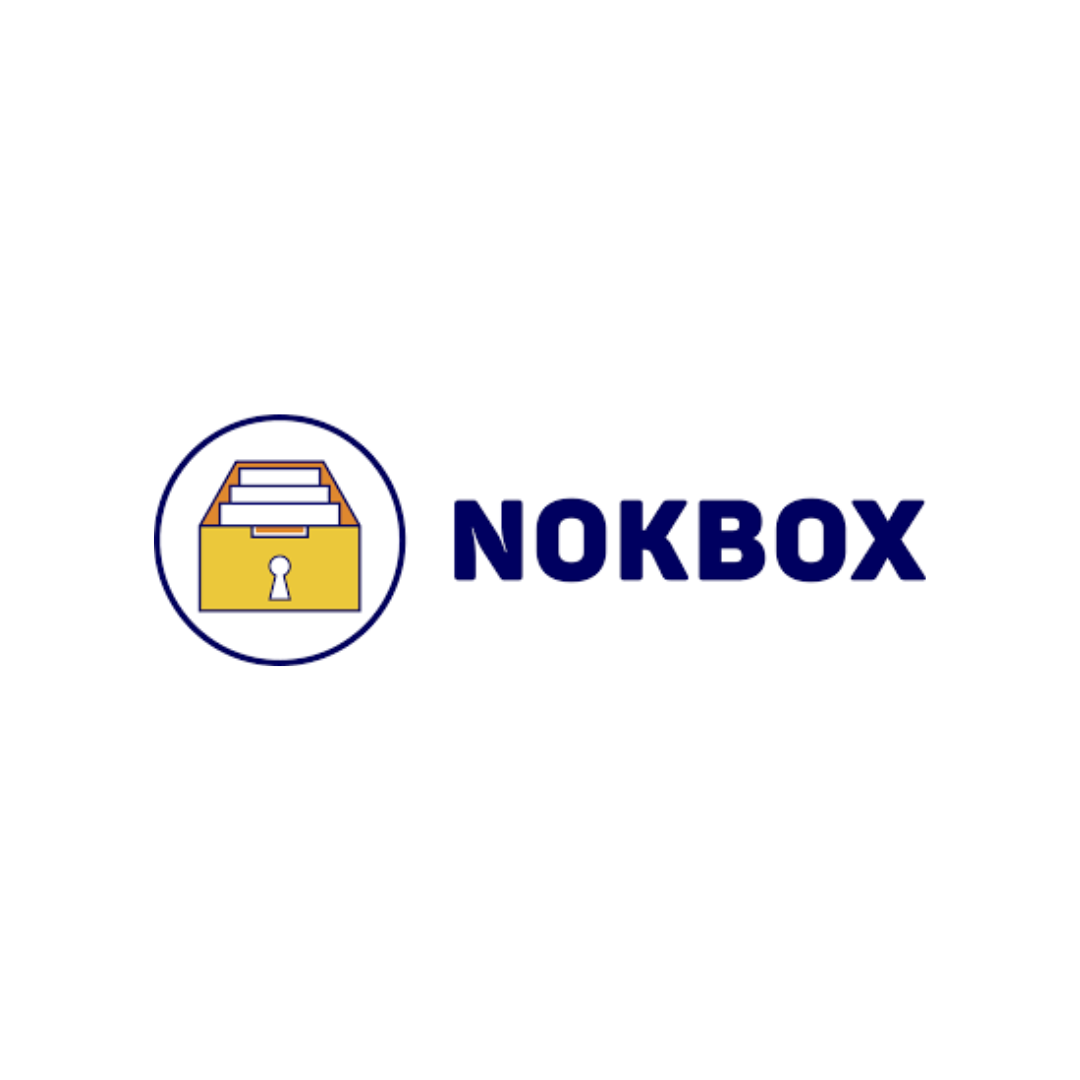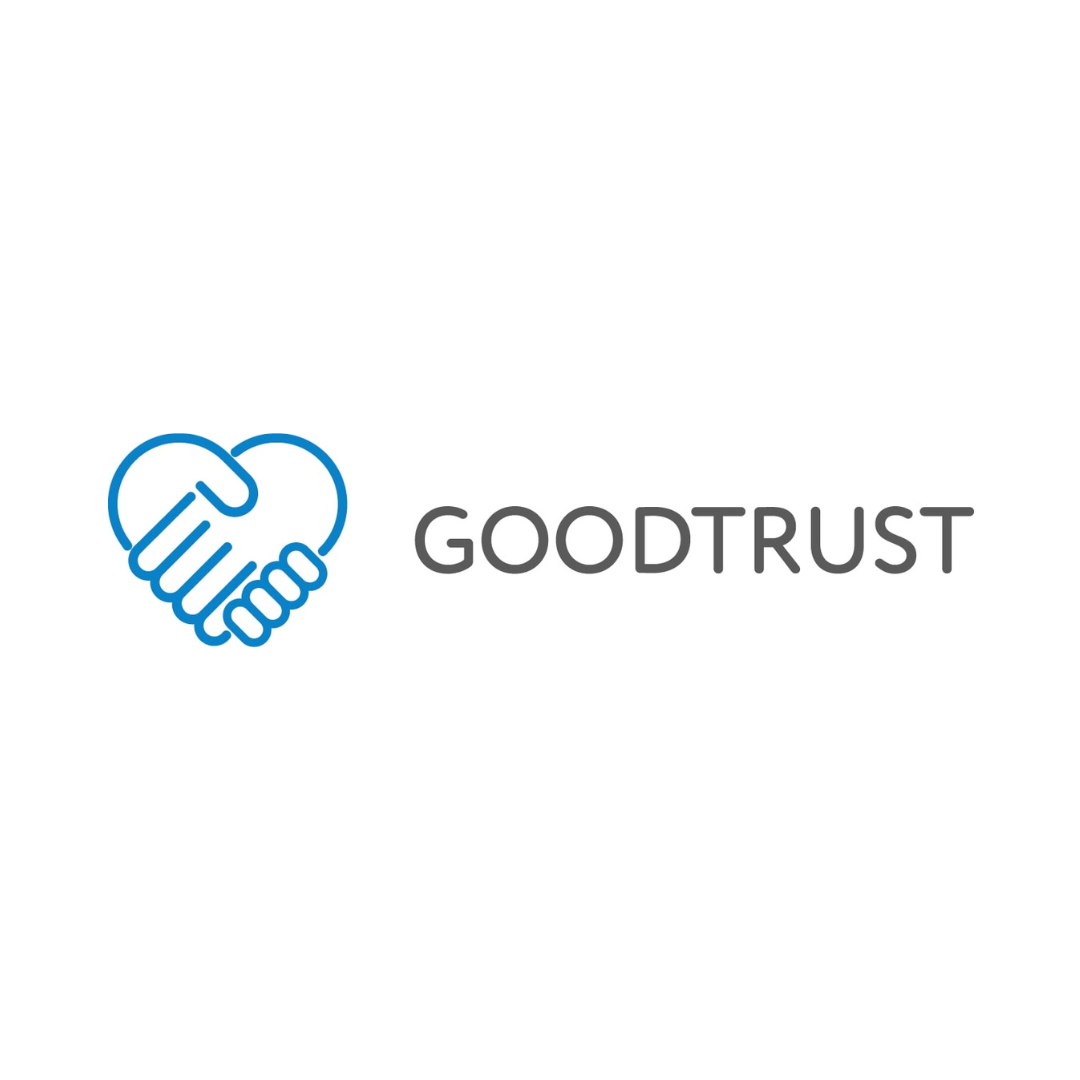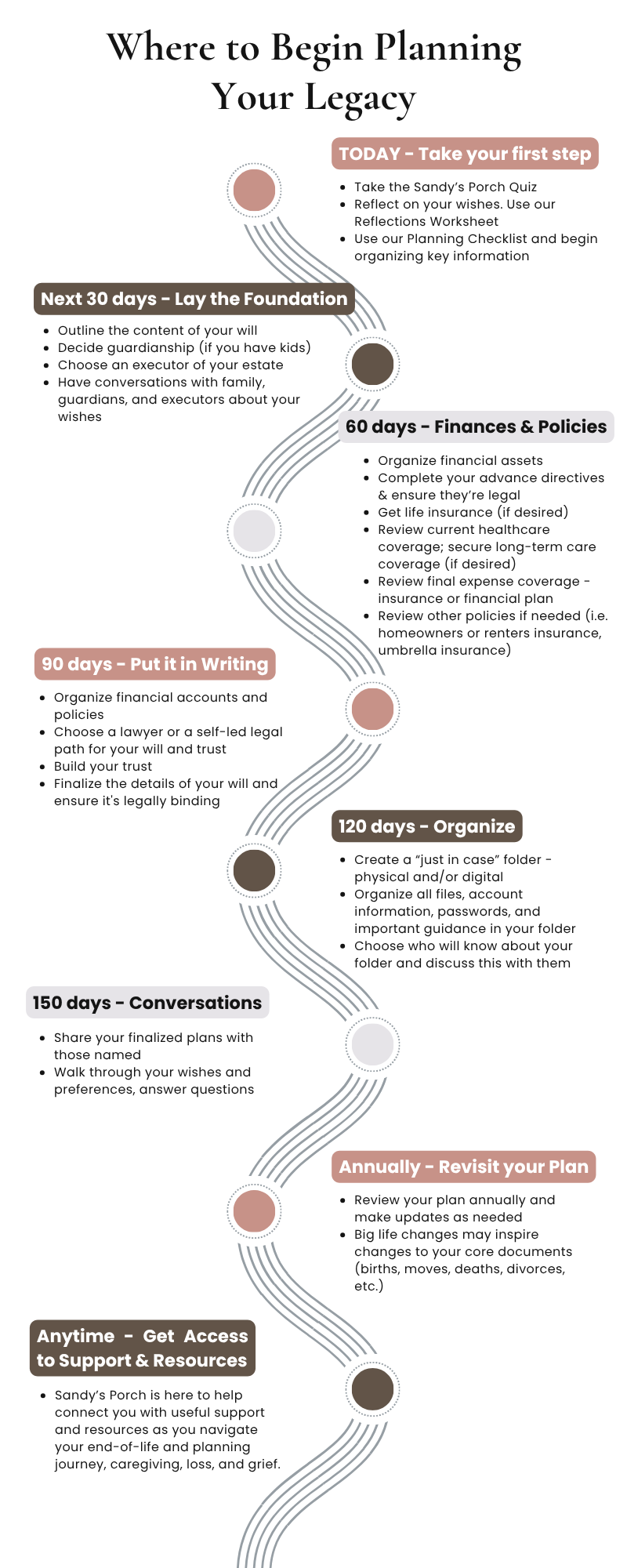Plan your
future with confidence
Easy to follow guidance for making informed decisions about your long-term care wishes, legal protection, and family security.
Let’s see where you’re at in your legacy planning journey
Complete our short quiz for more personalized guidance on where to start with your legacy planning. No pressure or judgement. We’re here to help you take stock of what’s done and what’s not, so we can offer you the most support.
Grab a cup of coffee and let’s dive in.
How to Protect What Matters. Put it in Writing.
-
Creating a Will
A will is a legal document that says what should happen to your money, belongings, and the people you care for - like kids or dependents - after you're gone.
-
Setting up a Trust
A trust is a legal arrangement where you give someone (called a trustee) the responsibility to manage your money, property, or other assets for the benefit of someone else - like your children, spouse, or a loved one.
-
Navigating Probate
Probate is the legal process that happens after someone dies to make sure their will is followed and their assets are passed on correctly.
-
Did you know?
If there’s a will, the court makes it official and gives someone (usually named in the will) the authority to carry out the person’s wishes. If there’s no will, the court decides who gets what—based on state laws.
-
Did you know?
Assets held in a trust don’t go through probate court when you pass away. That’s because legally, the trust—not you—owns those assets. Probate only applies to things still in your name alone.
-
Did you know?
When you plan ahead, you could help your loved ones skip the long, costly, and stressful court process - and get access to what you’ve left them more quickly, privately, and peacefully.
The Future You Want Starts with the Choices You Make Today
-
Care Preferences
Your personal wishes for where and how you'd like to be cared for - at home, in assisted living, or in a memory care setting.
-
Financial Planning
Prepare for the costs of long-term care, funeral wishes, and other end-of-life needs - so your loved ones aren't left to figure it out.
-
Health Insurance
Understand the coverage that helps pay for medical needs now - and supports care like home help or assisted living as you age or need more support.
-
Family Conversations
Learn how to have clear, caring conversations with your loved ones, so everyone’s on the same page when it matters most.
-
Guardianship of Loved Ones
Learn how to name someone you trust to care for your children or dependents if you’re ever unable to, so their future is protected.
-
Legal Directives
Advance directives are legal documents that let you spell out your healthcare wishes ahead of time, so if you're ever unable to speak for yourself, your choices are clear.
Downloadable Resources
Reflections Exercise
Advance Directives Planning Packet
Digital Legacy & Online Accounts Log
Estate Planning Conversation Guide
Long-Term Care Financial Planning Worksheet
Funeral & Memorial Wishes
Letter to Loved Ones Prompts
Checklist of important accounts and policies to consider
We feature partners offering support for families navigating end-of-life planning, caregiving, loss, and grief.
View our Partner Directory or browse our featured planning partners below.






Stories from the Porch
“I didn’t know where to start. Now I have a plan, a checklist, and the peace of mind that my family won’t be left guessing."
Maya
Read her story
"Working through my plan gave me the confidence to have a real conversation with my kids about my wishes. It brought us closer, not farther apart."
James
Read his story
“There were so many pieces I hadn’t even considered. I’m grateful I found Sandy’s Porch.”
Clara
Read her story
Have a story to share? We’d love to hear it.
Planning FAQs
Let’s make the big stuff feel a little more manageable.
-
A will outlines your wishes after death, including who gets what and who cares for your dependents. A trust can do that too, but it also allows assets to skip probate, making things faster and easier for your loved ones. A will says what happens after you die. A trust can start working while you’re still alive and helps your family avoid probate.
-
A will is for anyone who wants a say in what happens after they’re gone. If you have kids, own a home, have savings, want to leave specific items or money to loved ones or charities, have preferences about your funeral or burial, or want to avoid family confusion or conflict, you’ll want to draft a will.
-
A trust can be helpful for people who want to make things easier and faster for their loved ones. They aren’t just for the wealthy. You might need one if you own property in multiple states, want to avoid probate court (or Probate Patty as we call her), want to have more control over when and how assets are distributed, have a complex family situation, care for someone with special needs, or want more privacy after you’re gone.
-
The state decides what happens to your belongings, which may not match your wishes. It can also make things harder for your family.
-
An advance directive is a legal document that spells out your healthcare preferences if you can’t speak for yourself. It lets your loved ones and medical team know what matters to you most. Examples include Healthcare Power of Attorney, Do Not Resuscitate (DNR) Order, POLST or MOLST Forms (Physician/Medical Orders for Life-Sustaining Treatment), Organ and Tissue Donation Preferences, and Wills.
-
Through tools like a living will and healthcare proxy. These let you name someone you trust to make medical decisions on your behalf and explain what kind of care you want, or don’t want, in serious situations.
-
You’re not alone. Starting the conversation is one of the hardest parts. We offer guides and prompts to help make it easier and more natural.
-
Keep originals in a safe but accessible spot (like a fireproof box), and share copies with the people you trust, like your healthcare proxy, executor, or power of attorney.
-
Probate is the legal process of settling your estate. It can be time-consuming and costly. Using a trust, naming beneficiaries, and organizing your accounts can help your family avoid or simplify probate, or as we call her, “Probate Patty.”
-
Take our quiz or use our planning checklist. You don’t have to do everything at once. We’ll walk with you one step at a time.
-
Yes, in many US states. But it’s important to make sure it’s legally valid. Some people use online tools, others prefer a lawyer.
-
It depends on your goals. A trust gives more control, especially for managing money or avoiding probate, “Probate Patty.” A will is still useful for naming guardians and final wishes.
-
A living will shares your care wishes; a proxy names someone to speak for you if you can’t.
-
Someone you trust to honor your wishes, stay calm in emergencies, and speak up on your behalf.
-
Yes, you can update them anytime. Just make sure your care team and loved ones have the latest version.
-
That’s what a will lets you decide. Without it, a court will choose, and sometimes it’s not the person you’d want.
-
It’s not easy, but we’ve got conversation starters, templates, and guides to help you open the door gently.
-
Only if they know where to find them. That’s why organizing and sharing is just as important as writing things down.
-
Costs like long-term care, funeral arrangements, taxes, and managing your estate can add up. Having a plan helps your family avoid stress.
-
It helps cover things like home care or assisted living if you ever need daily help with basic activities.
-
Some people pre-pay. Others set up a payable-on-death account, or use life insurance. The key is to make your wishes and funds clear.
-
Not always. Some things you can do yourself with a little help, others are worth the legal guidance. We’ll help you sort out which is which.
Planning Your Legacy: Related Articles
Browse All Videos
Planning Your Legacy
For Those Facing Their Departure
Looking for more?
Explore stories, expert tips, and practical advice in our articles section, written to help you plan, care, and navigate life after loss with more clarity and confidence.









